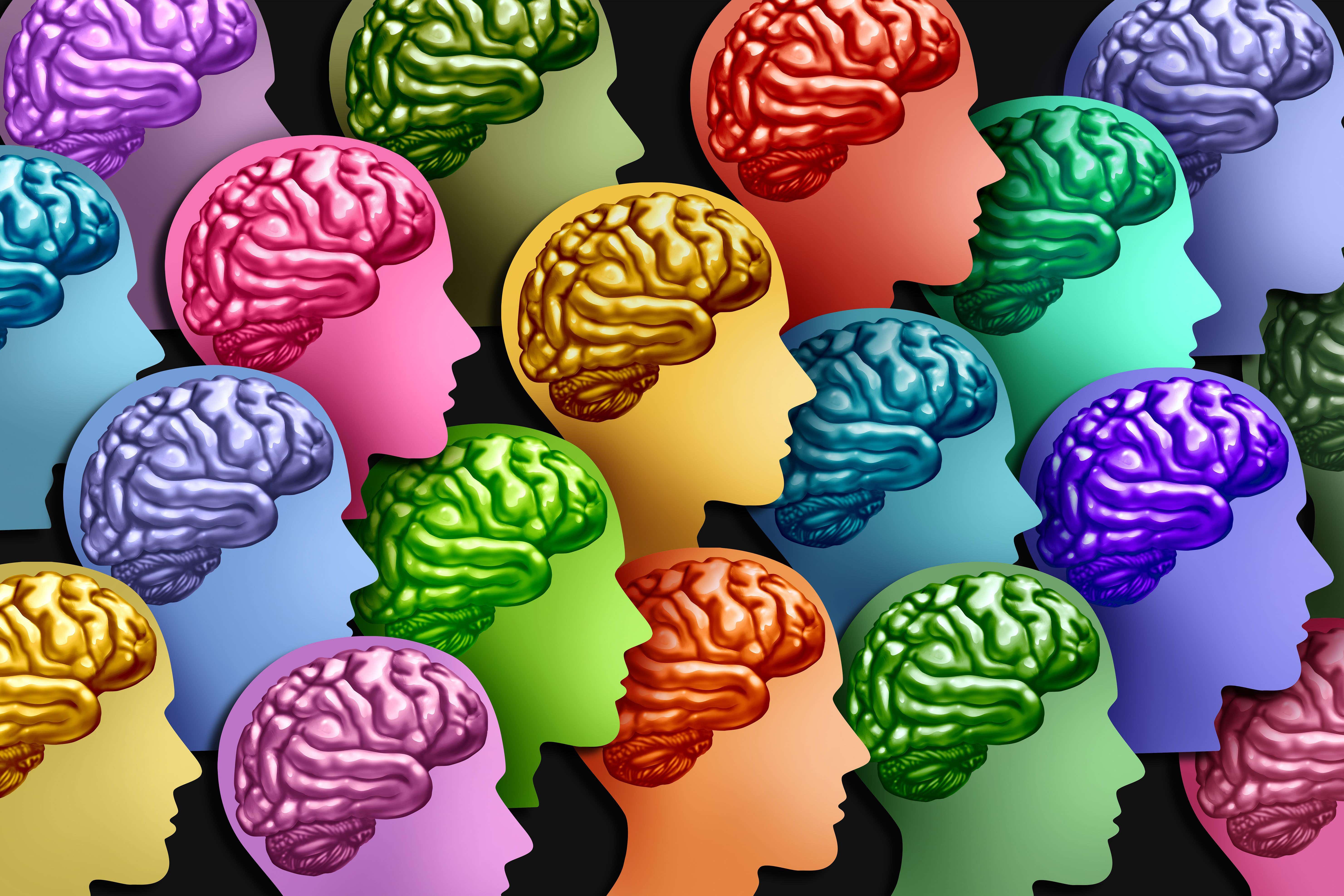‘I didn’t put my autism diagnosis on applications’: How neurodivergent people are tackling job discrimination
Luke Gawthorn is one of the approximately three million people in the UK with autism, ADHD or dyslexia who say they have been discriminated against by a hiring manager because of their condition

After a difficult time at school where he was ostracised for his autism, Luke Gawthorn realised that in his career his condition could be his superpower.
When it came to finding a job, however, he said he was “anxious and scared” to disclose his neurodivergence for fear of being treated unfairly.
He now works as a financial analyst and has begun to learn his brain is strong at recognising trends and patterns, often meaning he can excel at visual tasks.
Mr Gawthorn is one of the approximately three million people in the UK with autism, ADHD or dyslexia who have been discriminated against by a hiring manager because of their condition, according to new research.
Although he is now appreciative of his autism, this was not always the case. “I used to view my autism through a negative lens,” he told The Independent.
“I wasn’t appreciative of my strengths and had low confidence and low self-esteem. I thought I would be judged as inferior by hiring managers, and there was always something in the back of my head that told me I wasn’t good enough.
“Now I am starting to understand where I bring value. My attention to detail, excellent memory, curiosity and drive are some of the superpowers I have because of my autism.”
Mr Gawthorn, 23, said he struggled during job applications, particularly group interviews, but would excel at individual tasks.

“Just because I found it hard to understand and respond to other people’s behaviours, does that mean I am less capable than them at the job? Countless companies rejected me for this very reason. It’s as if they didn’t bother looking at my other abilities.
“It took me a while to start including my autism diagnosis in job applications, but I realised that if a company is going judge me for my neurodiversity, then it’s not worth working for them anyway.”
Research from insurance group Zurich, where Mr Gawthorn works, found 49 per cent of the 6m neurodivergent people in the UK - those with ADHD, Autism, Dyspraxia and Dyslexia - said they have been discriminated against by a hiring manager because of their condition.
The survey also found almost a third (31 per cent) had been rejected from a role after disclosing their neurodivergence, while 28 per cent were turned down for subjective reasons such as communication style or team fit. A further one in six (16 per cent) had had a job offer rescinded.
As many as a quarter (25 per cent) had been “ghosted” after disclosing their neurodivergence, the research found, and 27 per cent said hiring managers had commented on their abilities or even laughed at them.
As a result, nearly half (47 per cent) of respondents felt they couldn’t disclose their neurodiversity to recruiters, while almost two thirds (63 per cent) said they felt employers saw neurodiversity as a “red flag” rather than a strength.
Around 700,000 people in the UK are autistic, and only one in three autistic adults are in any form of employment – the lowest figure across all disability groups.
Nearly all respondents to the Zurich research said barriers had negatively impacted their earning capacity (92 per cent), confidence (96 per cent) and mental health (95 per cent).
Although he may have embraced it, Mr Gawthorn is keen not to be defined by his autism. “I am a person who is capable of doing many wonderful things and it so happens that I’m also neurodivergent,” he said. “Autism is only one part of my character. I have many other qualities.”
“Regardless of my disability, I always strive to become the best version of myself in all aspects of my life. But I realise I’m still on a journey. I’m definitely not as complete as the person that I will be in 10 or 15 years time.”
Join our commenting forum
Join thought-provoking conversations, follow other Independent readers and see their replies
Comments
Bookmark popover
Removed from bookmarks